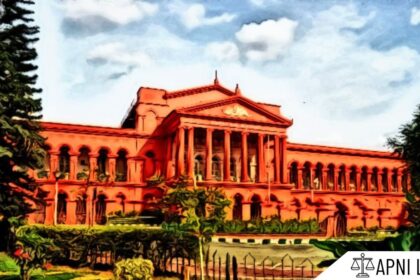Code: Section 23 BNS
Section 23
Nothing is an offence which is done by a person who, at the time of doing it, is, by
reason of intoxication, incapable of knowing the nature of the act, or that he is doing what is
either wrong, or contrary to law; provided that the thing which intoxicated him was
administered to him without his knowledge or against his will.
Explanation of Section 23 BNS
Section 23 of the Bharatiya Nyaya Sanhita (BNS), 2023 provides protection to individuals who commit an offense while under involuntary intoxication (i.e., intoxication caused against their will or without their knowledge).
Key Points:
- Complete Exemption from Criminal Liability: If a person was incapable of judgment due to involuntary intoxication, they are not held guilty.
- Essential Conditions for Exemption:
- The intoxication must have been forced upon the person or administered without their knowledge.
- The person must have been unable to understand the nature of their act or its illegality.
- No Immunity for Voluntary Intoxication: If a person intentionally consumes alcohol or drugs and commits a crime, they cannot claim protection under Section 23.
- Burden of Proof: The accused must prove that the intoxication was involuntary through medical and factual evidence.
Illustrations of Section 23 BNS
Example 1: Drink Spiked Without Knowledge
A person unknowingly consumes a drink laced with drugs at a party. Under intoxication, they commit an offense. If proven that they had no knowledge of the intoxication, they may be protected under Section 23.
Example 2: Forced Intoxication Leading to a Crime
A person is forcibly made to drink alcohol and, in an intoxicated state, gets into a fight that results in injury. If the court finds that they were intoxicated against their will, they may not be held liable.
Common Questions & Answers on Section 23 BNS
1. Does Section 23 protect someone who voluntarily drinks and commits a crime?
No. Voluntary intoxication is not a defense under this section.
2. How can someone prove they were involuntarily intoxicated?
The accused must provide medical reports, eyewitness testimonies, or forensic evidence to prove that the intoxication was forced or accidental.
3. What happens if someone commits a serious crime under involuntary intoxication?
The court examines whether they completely lacked awareness of their actions. If proven, they may be acquitted or given a reduced sentence.
4. Is there any punishment for someone who administers forced intoxication?
Yes. The person who forcibly intoxicates another can be charged under relevant criminal laws, such as criminal conspiracy or causing harm.
5. Can this defense be misused?
Courts scrutinize evidence very strictly to ensure that the defense of involuntary intoxication is not used to escape liability.
Conclusion
Section 23 BNS provides legal protection to those who commit offenses under involuntary intoxication. However, it is crucial to prove that the intoxication was not voluntary and that the person had no control over their actions.
For more legal insights, visit ApniLaw! 🚀








